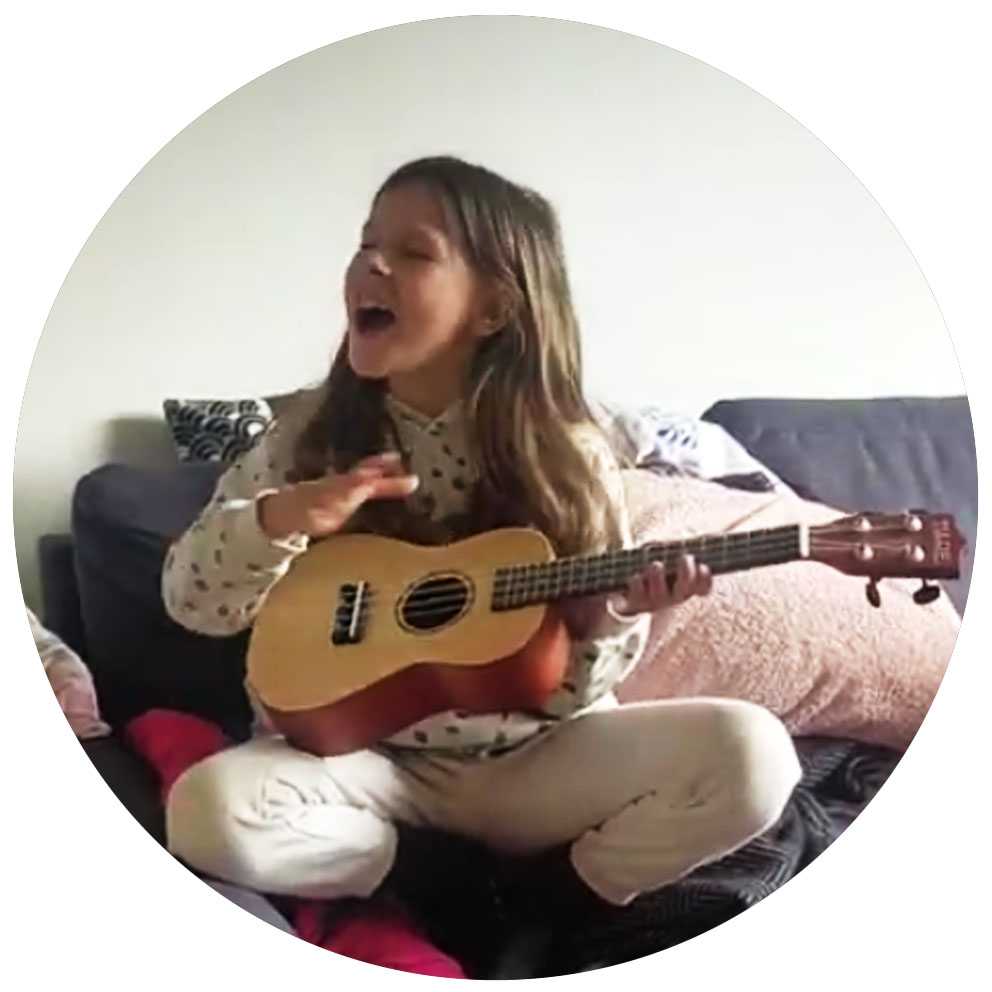MUSIC THERAPYSo what is music therapy

Music therapy
Music Therapy is an established psychological clinical intervention, delivered by HCPC registered music therapists to help people whose lives have been affected by injury, illness or disability through supporting their psychological, emotional, cognitive, physical, communicative and social needs
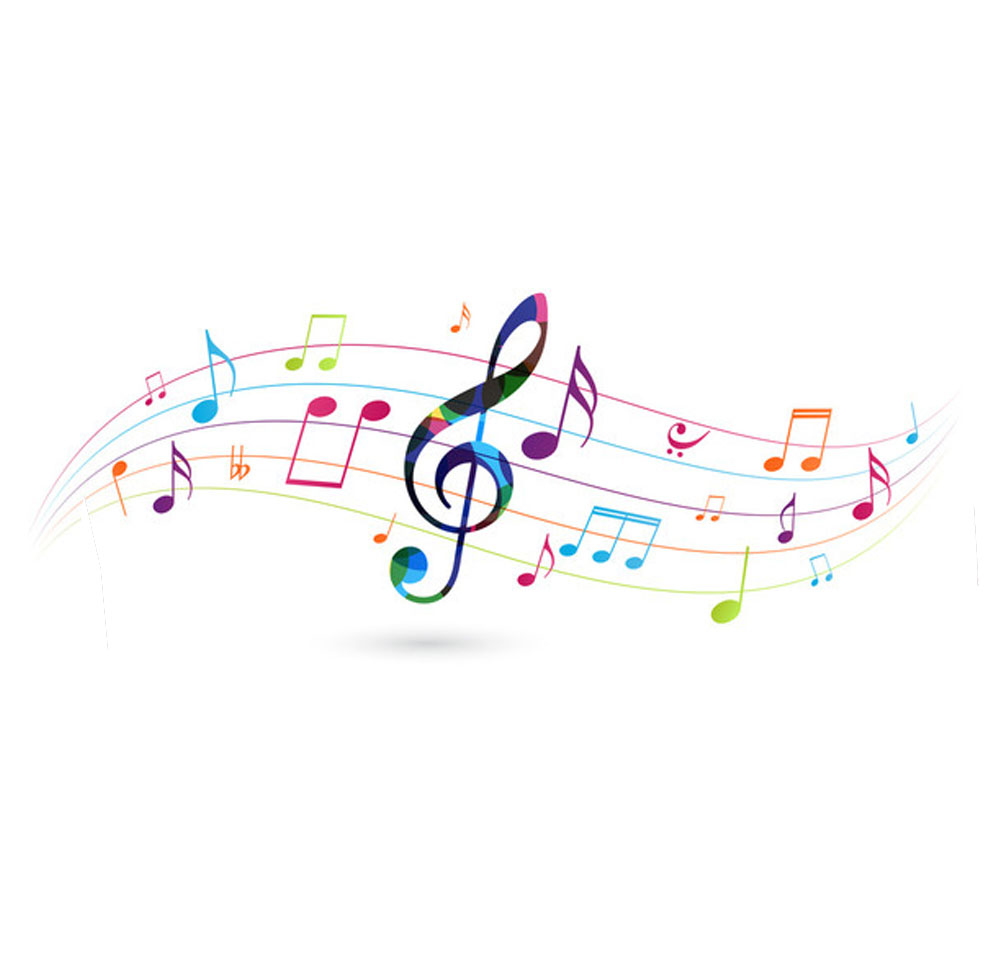

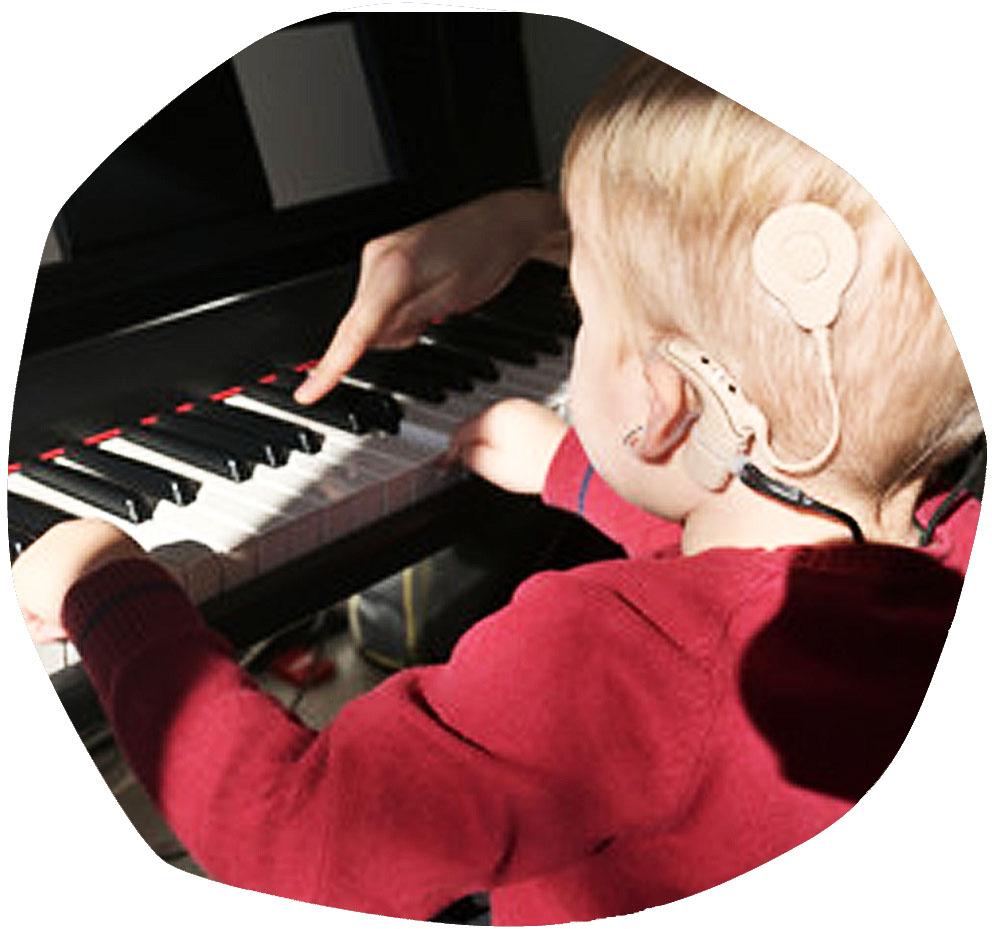

What are the benefits of music therapyand how does it work?
Music therapy is the use of music by a qualified music therapist to address a person’s physical, emotional, cognitive or social needs. It is the clinical use of music to accomplish individualised goals such as reducing stress, improving mood and self-expression.
Music therapists design treatment sessions based on a person’s particular needs. Treatment options include creating, singing, moving to and/or listening to music. Music therapy may help you psychologically, emotionally, physically, spiritually, cognitively and socially
Music Therapists draw upon the innate qualities of music to support people of all ages and abilities and at all stages of life; from helping new born babies develop healthy bonds with their parents, to offering vital, sensitive and compassionate palliative care at the end of life.
Central to how Music Therapy works is the therapeutic relationship that is established and developed, through engagement in live musical interaction and play between a therapist and client. A wide range of musical styles and instruments can be used, including the voice, and the music is often improvised. Using music in this way enables clients to create their own unique musical language in which to explore and connect with the world and express themselves.
Because musical participation and response does not depend solely on the ability to speak, Music Therapy is a particularly effective clinical intervention for people who have difficulty communicating verbally. For people affected by disability, illness or injury, working with music therapists can be life-changing. Children with autism can develop emotional, social and communication skills. Someone with an acquired brain injury as the result of an accident can be helped to regain their speech. An older person frightened by the isolation and confusion brought on by dementia can, through the powerfully evocative nature of music, connect with these memories again and share these with others.
Music Therapists are Allied Health Professionals, and frequently work as members of multi-disciplinary teams in health, education or social care – or in private practice.
Music therapy can be used to help:
- Improve overall physical rehabilitation
- Facilitate movement
- Increase motivation to engage in treatment
- Offer emotional support for the person and his or her family
- Provide an outlet to express feelings
Who Can Benefit from music therapy?
Music therapy may be beneficial to those who find it difficult to express themselves in words, including children, adolescents, adults and seniors.
Treatment may help those with:
- Mental health needs
- Developmental and learning disabilities
- Alzheimer’s disease and other aging-related conditions
- Substance abuse problems
- Brain injuries
- Physical disabilities
- Acute and chronic pain, including mothers in labour
Do you need to be able to play an instrument to benefit from music therapy?
No. Music Therapists use music to help their clients achieve therapeutic goals through the development of the musical and therapeutic relationship. There is no pre-requisite to ‘be musical’ or know how to play a specific instrument in order to engage in Music Therapy. Music Therapists work with the natural musicality of each client to offer appropriate, sensitive and meaningful musical interaction.
What happens during music therapy?
During music therapy you and your therapist will do one or more of the following:
- Create music. You might compose music, write lyrics, or make up music together
- Sing music. Use your voice to share a piece of music.
- Listen to music. Enjoy the sound and lyrics.
- Move to music. It can be as simple as tapping your toes together or as complicated as a coordinated dance.
- Discuss lyrics. Read or listen to the lyrics of a song and talk about their meaning.
- Play an instrument. Use an instrument like a piano, guitar, drums, etc. to share music.
What are the benefits of music therapy?
Research in music therapy supports its effectiveness in six areas: psychological, emotional, physical, spiritual, cognitive and social.
A short overview of benefits:
- Lowering blood pressure
- Improving memory.
- Enhanced communication and social skills through experiencing music with others.
- Self-reflection. Observing your thoughts and emotions.
- Reducing muscle tension.
- Self-regulation. Developing healthy coping skills to manage your thoughts and emotions.
- Increasing motivation.
- Managing pain.
- Increasing joy.
In-depth:
Emotional:
- Music can call up repressed (bottled up) emotions that may then be released.
- Music can lessen feelings of isolation.
- Improved mood.
- Decreased depression.
- Anxiety reduction.
- Self-expression.
- Stress management.
Physical:
- Music can affect the body by changing your heart rate and lowering blood pressure and respiration (breathing) rate.
- Improved motor development or processing.
- Relaxation and/or improved sleep.
- It can physically stimulate conscious or unconscious body movements, such as toe tapping or large body movements, and improved gait (walking) and speech.
- Management of and/or distraction from pain.
- Reduced asthma episodes.
- Reduced pain.
- Help premature infants with weight gain and sleep.
- Help people with Parkinson’s disease improve their motor functions.
Spiritual:
- Music can open the door spiritually and allow you and your family the opportunity to explore your own spiritual beliefs.
Cognitive:
- Music can provide an increased sense of control.
- Coping skills.
- Lessen the effects of dementia.
Social:
- Music can bring people together socially, not just at large gatherings such as parties, weddings, or funerals, but in more informal, intimate, shared experiences, like a hospital room
- Help autistic children improve communication.
Music therapy and mental health?
Individuals with mental health disorders. If you’re dealing with a mental health disorder, music therapy can help you with communication and expression, help you explore your thoughts and feelings, improve your mood and concentration and develop coping skills.
Music therapy can help support:
Emotional wellbeing
Expressive communication
Cognitive learning
Social skills
Stress, depression, and anxiety
Trauma and Bereavement
- ATTENTION
- EMOTION
- COGNITION
- BEHAVIOUR
- COMMUNICATION
The first aspect is the modulation of attention. Music grabs our attention and distracts us from stimuli that may lead to negative experiences (such as worry, pain, anxiety and so on). This may also explain the anxiety and pain-reducing effects of listening to music during medical procedures (Koelsch, 2009).
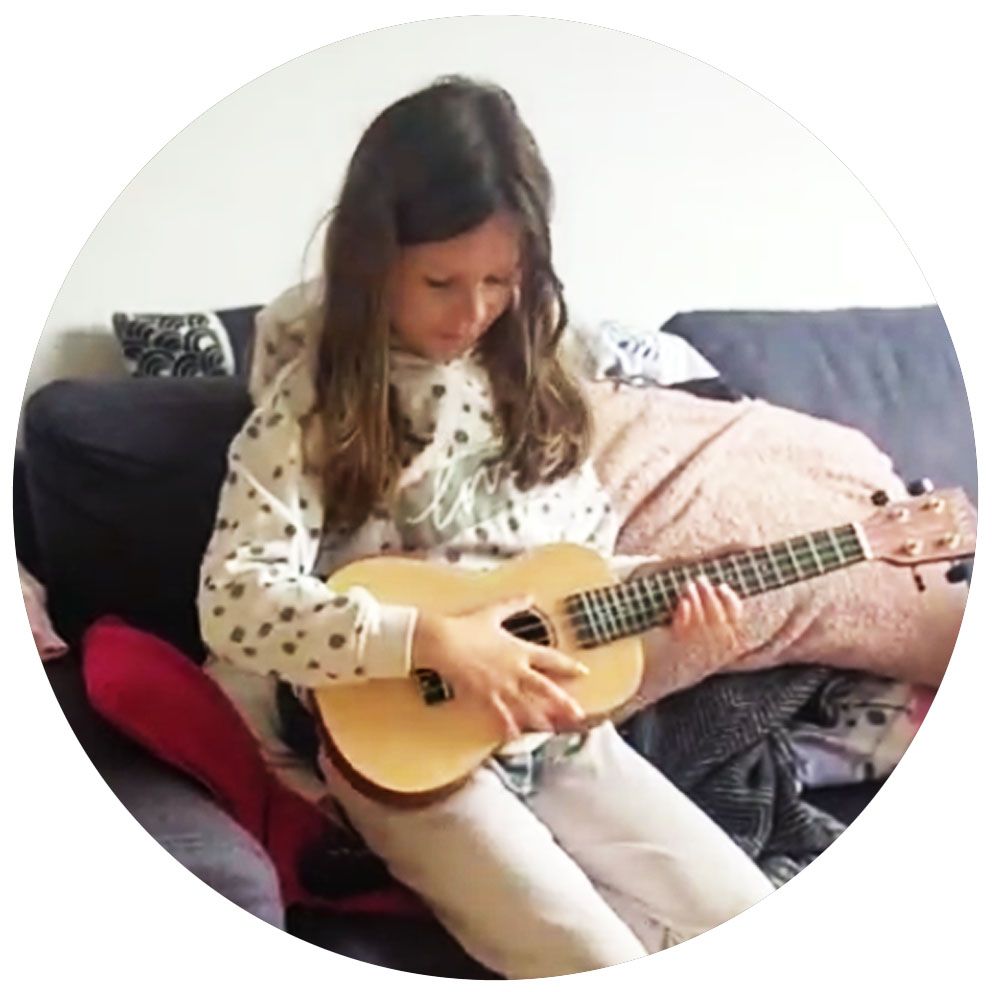
music therapy works through modulation of emotion. Studies have shown that music can regulate the activity of brain regions that are involved in the initiation, generation, maintenance, termination, and modulation of emotions (Koelsch, 2009).

Music also modulates cognition. Music is related to memory processes (including the encoding, storage, and decoding of musical information and events related to musical experiences) (Koelsch, 2009). It is also involved in the analysis of musical syntax and musical meaning (Koelsch, 2009).
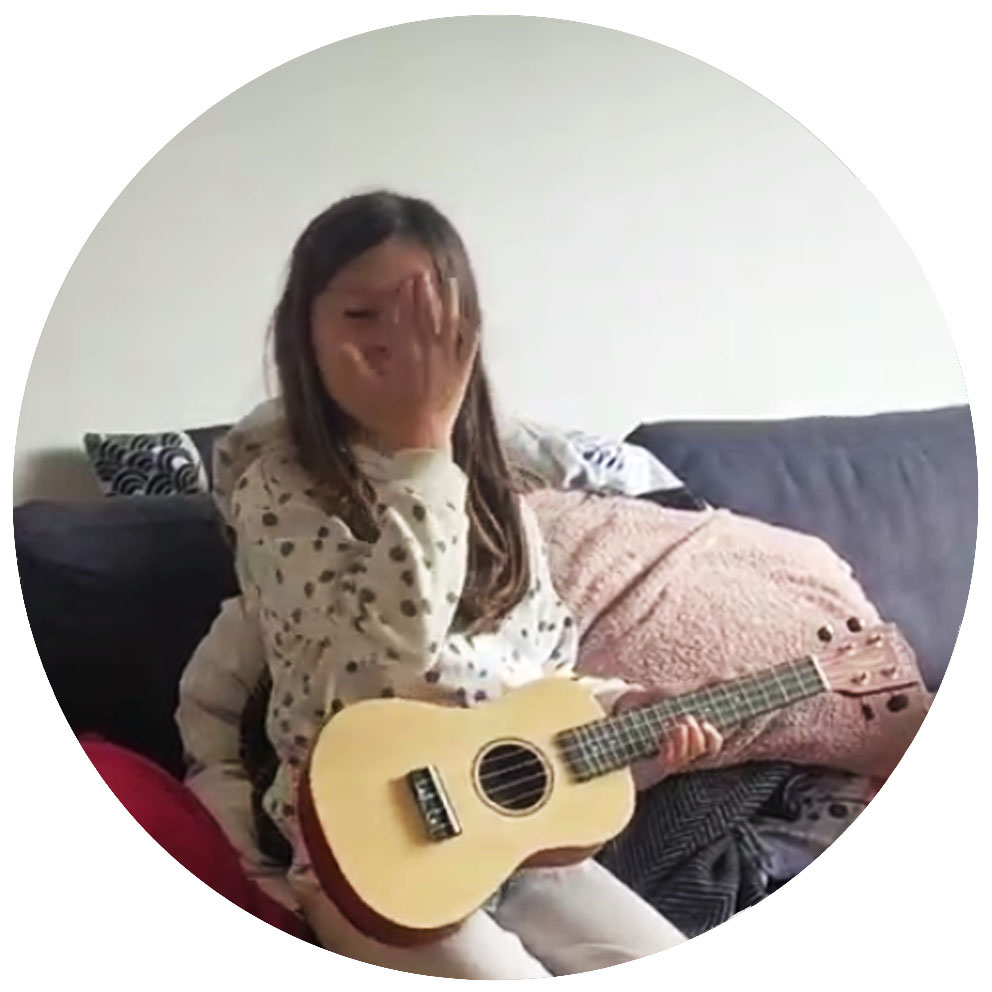
Music therapy also works through modulating behaviour. Music evokes and conditions behaviors such as the movement patterns involved in walking, speaking and grasping (Koelsch, 2009).
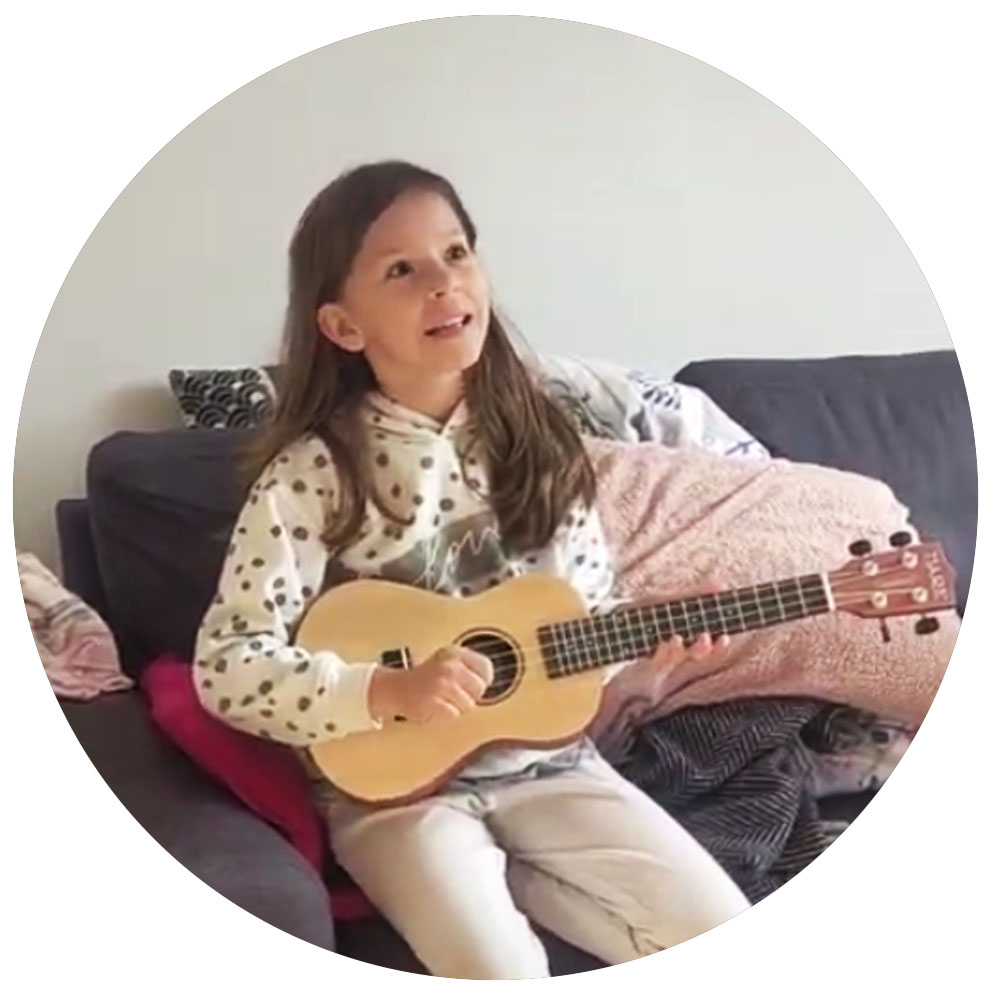
Music also affects communication. In fact, music is a means of communication. Therefore, music can play a significant role in relationships, as alluded to in the definition of music therapy (Koelsch, 2009).
- Musical interaction in music therapy, especially musical improvisation, serves as a non-verbal and pre-verbal language (Geretsegger et al., 2014).
- It allows people who are verbal to gain access to pre-verbal experiences (Geretsegger et al., 2014).
- It also gives non-verbal people the chance to communicate with others without words (Geretsegger et al., 2014).
- It allows all people to interact on a more emotional, relationship-oriented way than may be possible relying on verbal language (Geretsegger et al., 2014).
Interaction also takes place with listening to music by a process that generally includes choosing music that has meaning for the person, such as the music reflecting an issue that the person is currently occupied with (Geretsegger et al., 2014).
Wherever possible, individuals are encouraged to reflect on personal issues that relate to the music, or, associations that the music brings up. For individuals who have verbal abilities, another important part of music therapy is to reflect verbally on the musical processes (Geretsegger et al., 2014).
